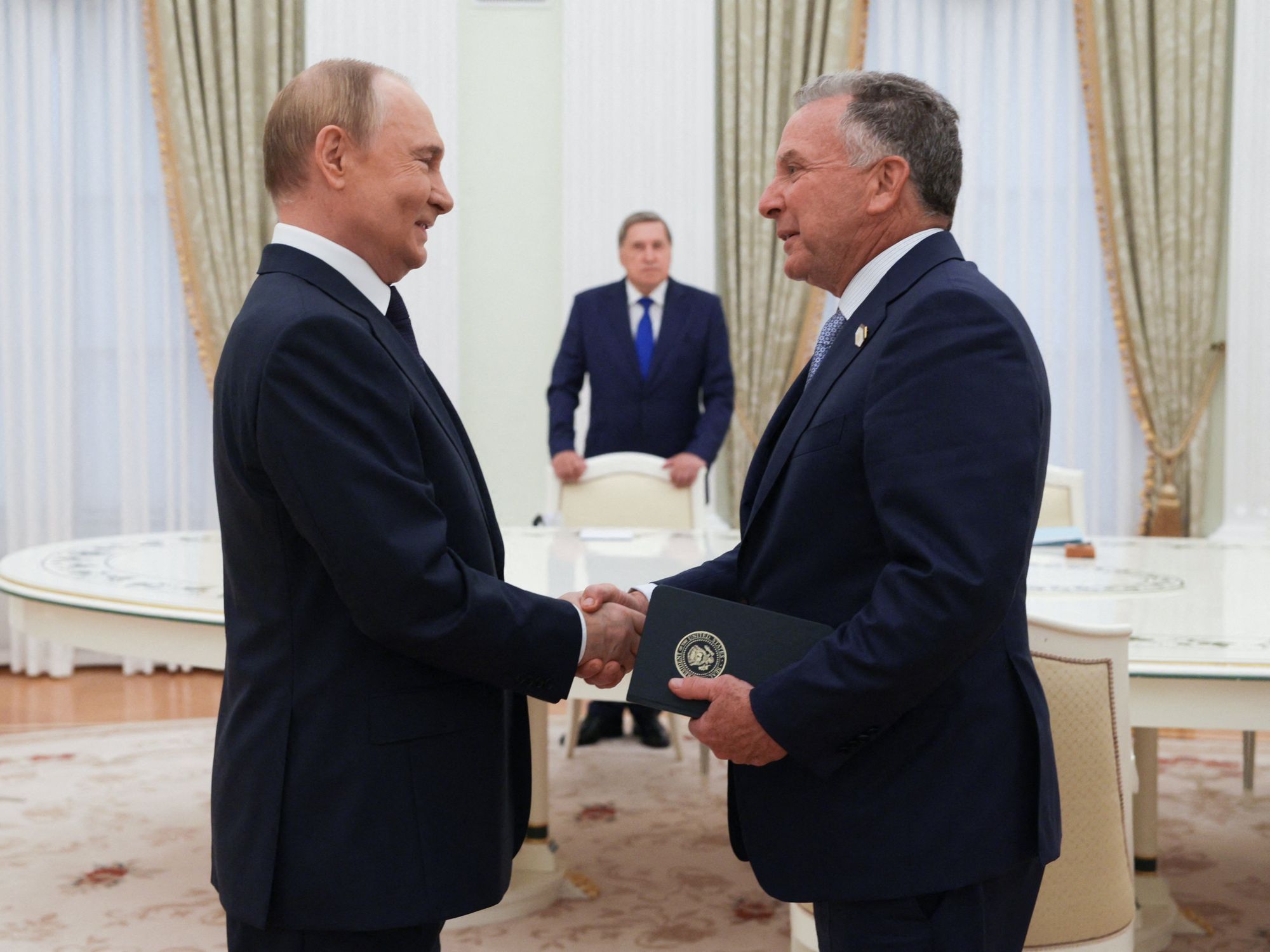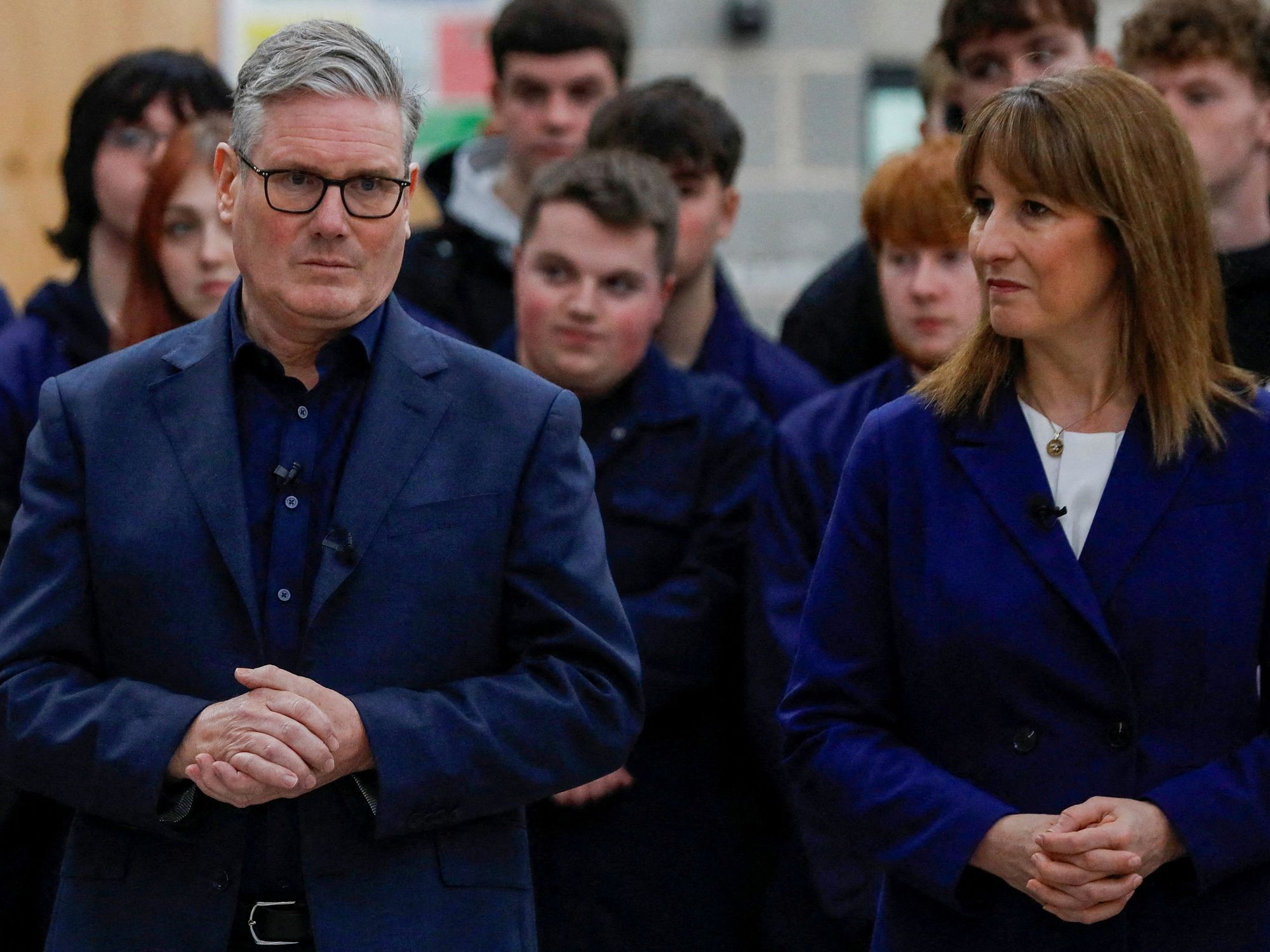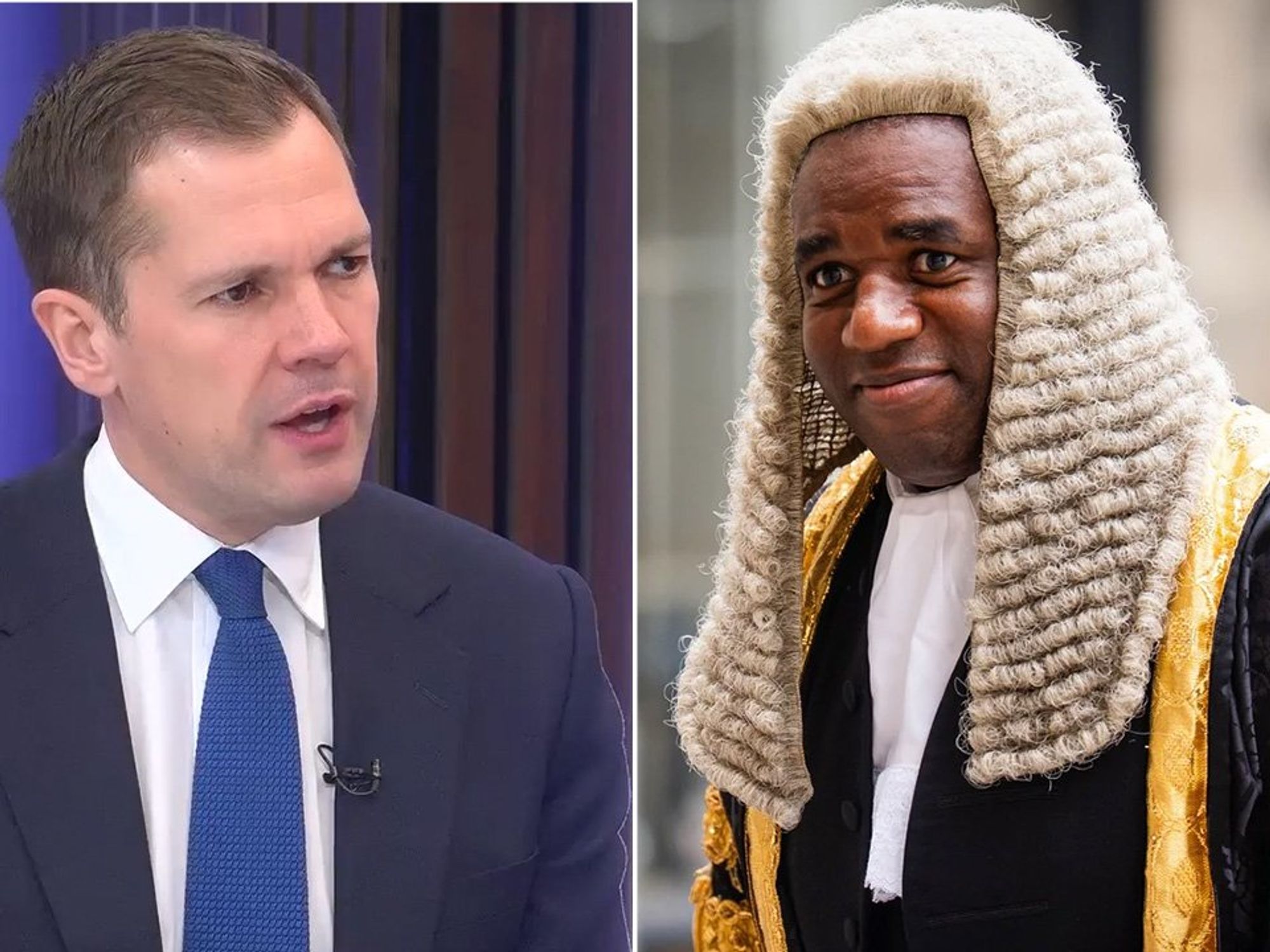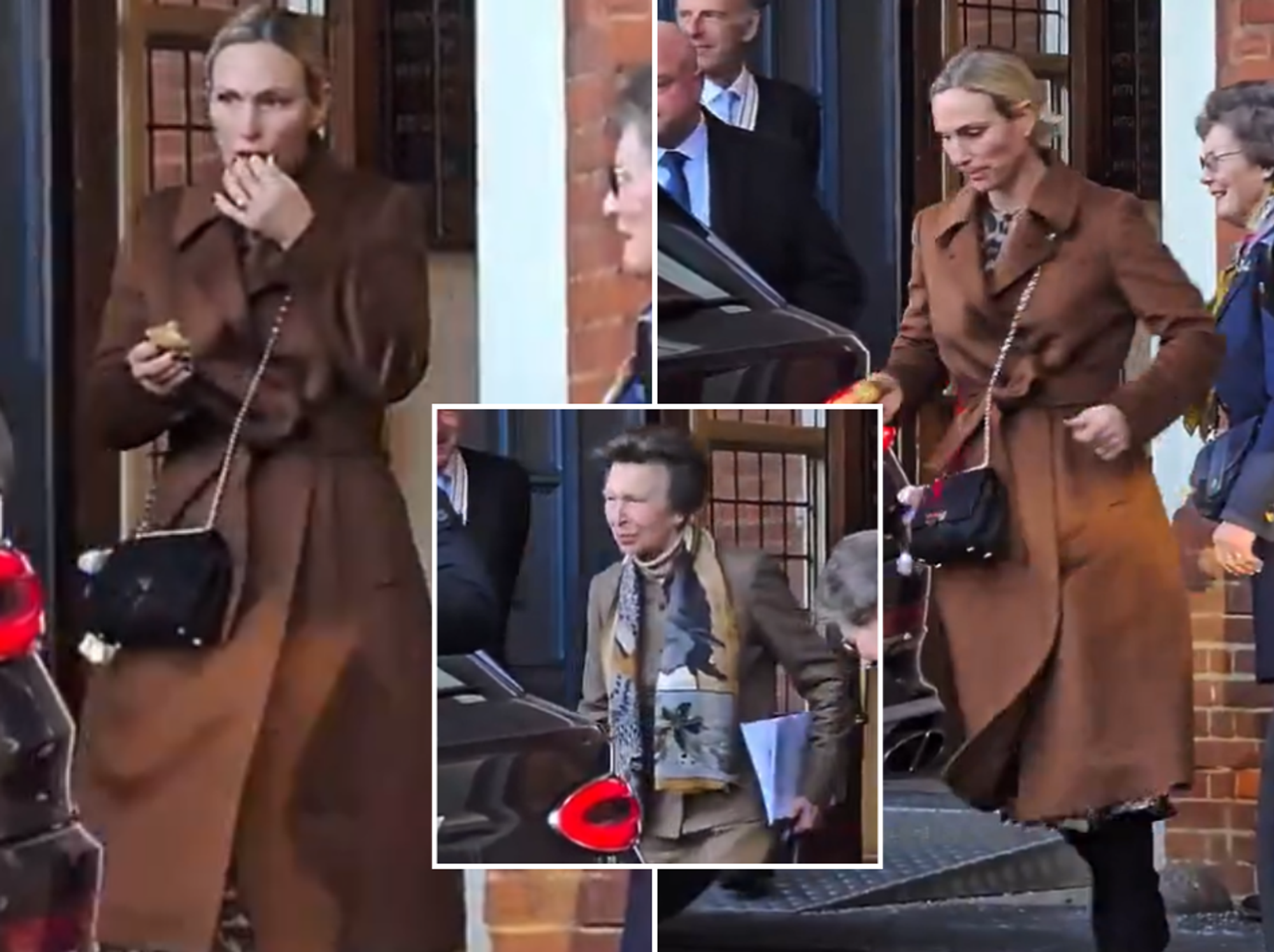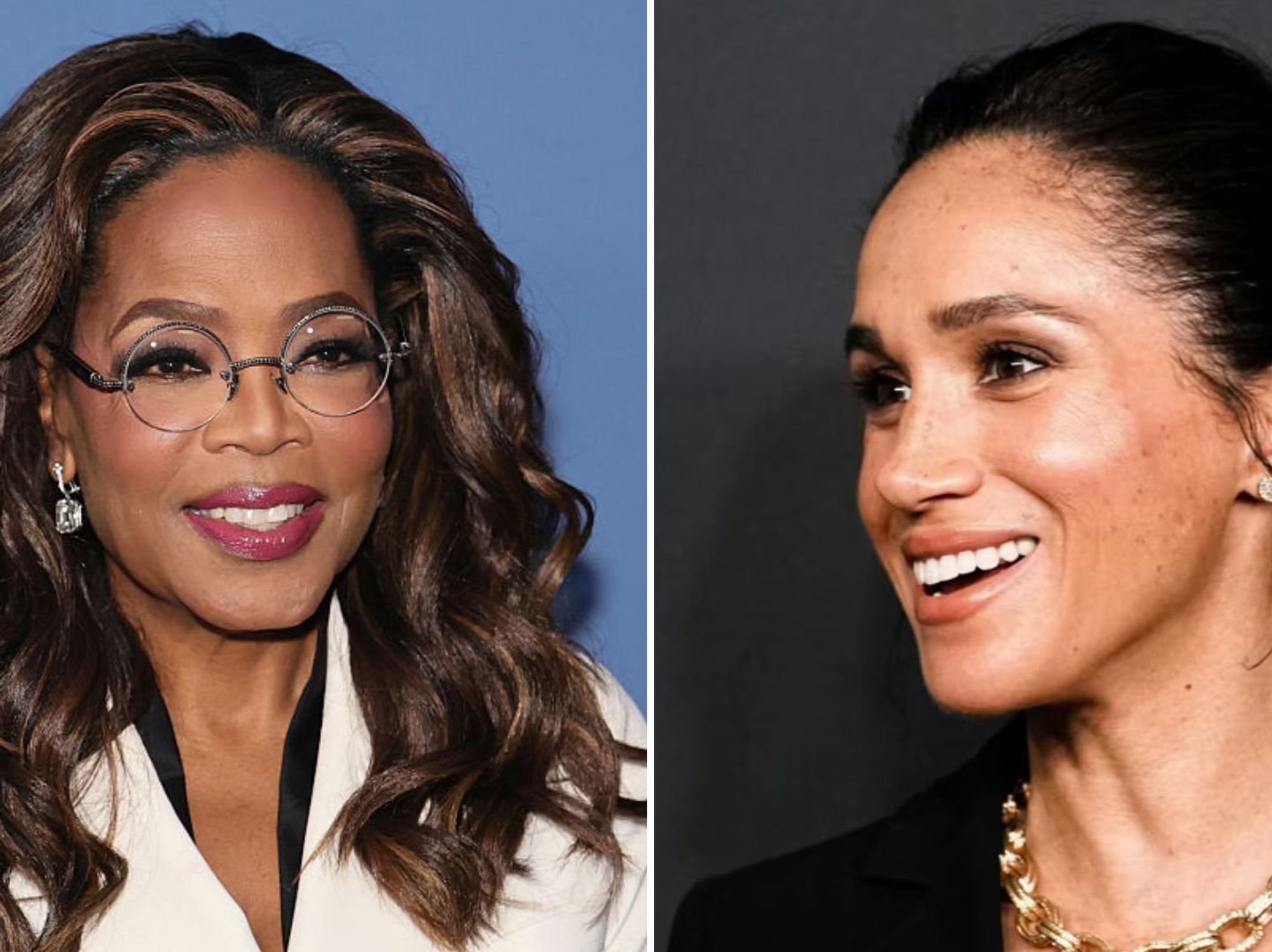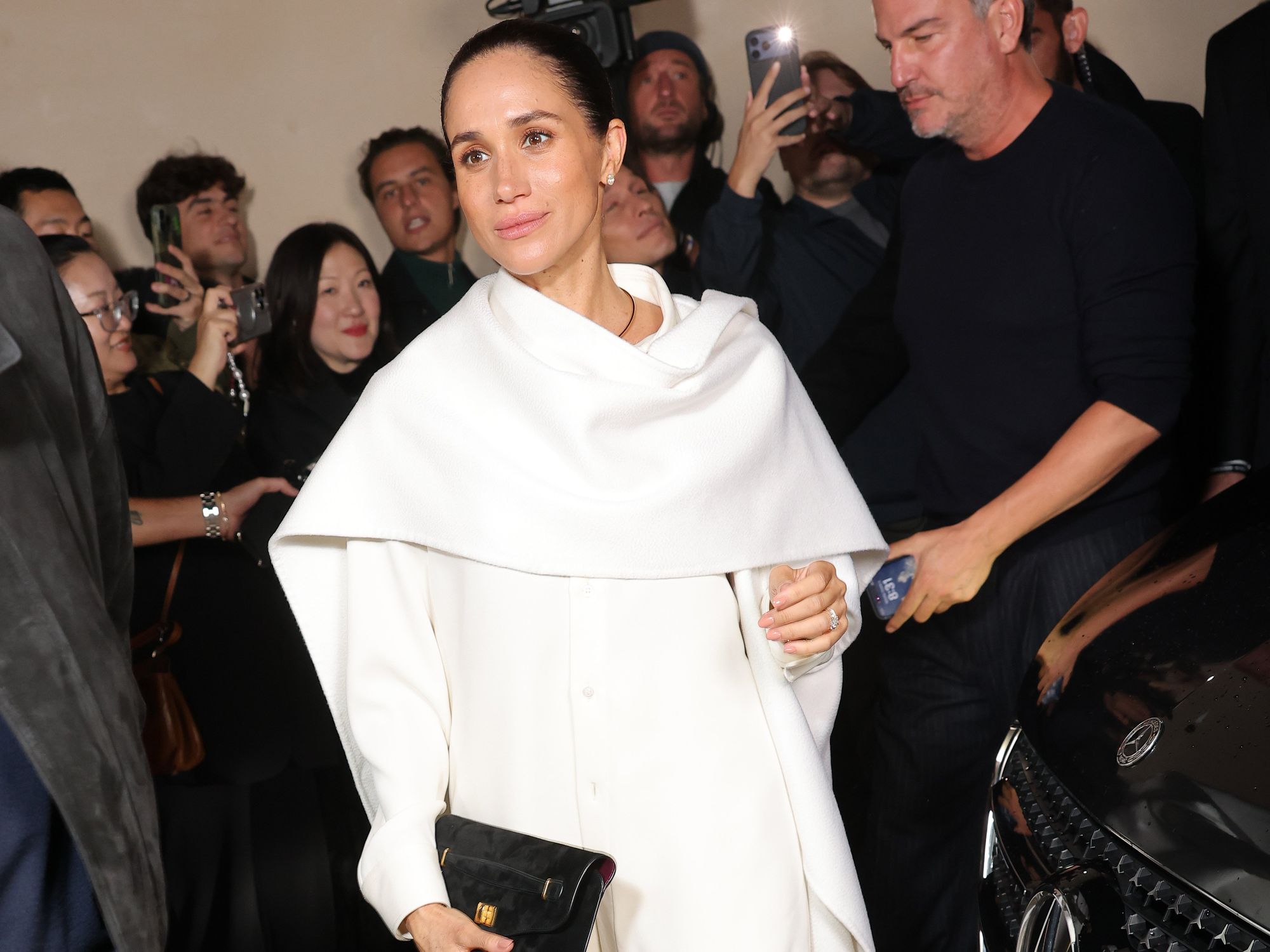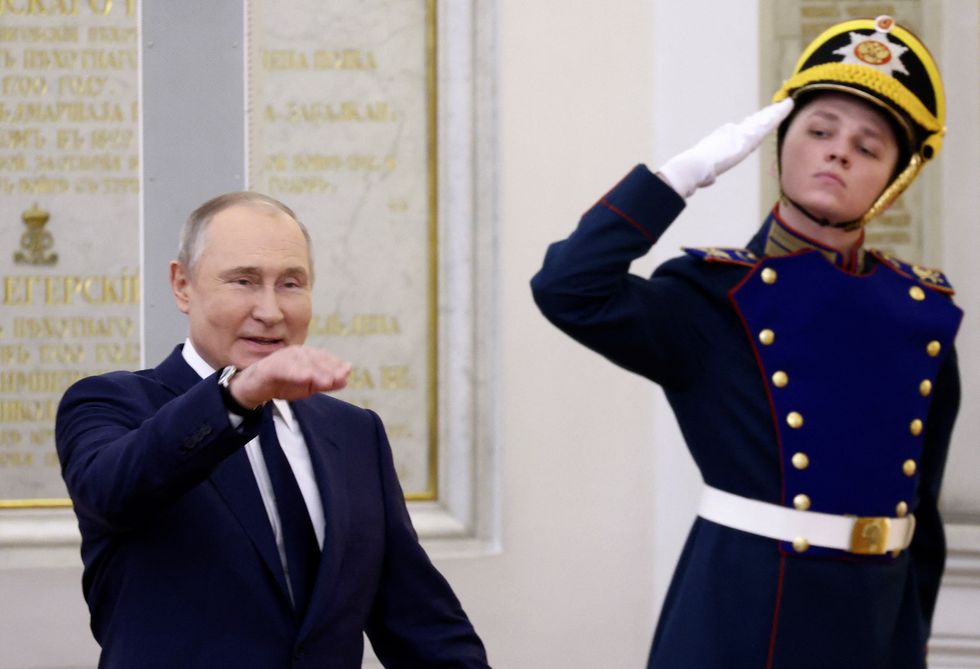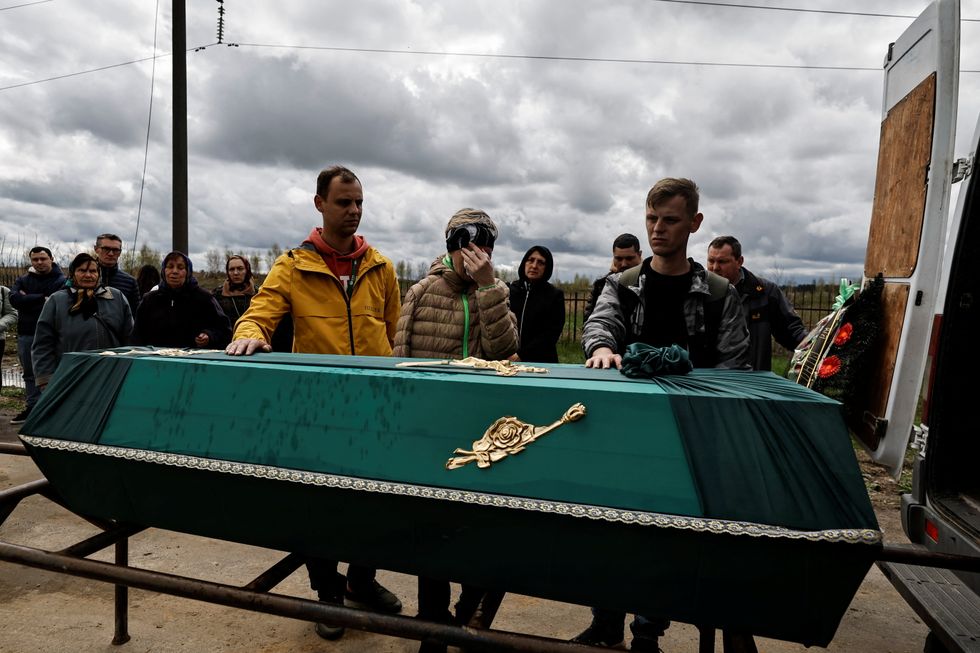The West must provide warplanes to Ukraine, says Truss
The West must prepare for the 'long haul' to ensure Russian defeat in Ukraine, says the Foreign Secretary
Don't Miss
Most Read
Latest
The West must prepare for the “long haul” to ensure Russia’s defeat in Ukraine, Foreign Secretary Liz Truss will say as she calls for allies to increase defence spending and supply tanks and warplanes to Kyiv.
In a major speech, Ms Truss will argue that Vladimir Putin’s invasion of Ukraine shows the need for a shake-up of the international structures which failed to prevent Russia’s actions.
Russian President Vladimir Putin walks past a guard during a ceremony honouring the country's Olympians and Paralympians at the Kremlin.
MAXIM SHEMETOV
She will argue that Western allies need to impose even tougher economic sanctions to increase Russia’s isolation, including cutting off oil and gas imports “once and for all”.
“There must be nowhere for Putin to go to fund this appalling war,” she will say in the speech at the Mansion House in the City of London on Wednesday night.
In a call to Western allies, she will say: “We cannot be complacent – the fate of Ukraine remains in the balance.
“And let’s be clear – if Putin succeeds there will be untold further misery across Europe and terrible consequences across the globe. We would never feel safe again.
“So we must be prepared for the long haul and double down on our support for Ukraine.
“Heavy weapons, tanks, aeroplanes – digging deep into our inventories, ramping up production. We need to do all of this.”
Mr Putin’s foreign minister, Sergei Lavrov, has warned that weapons supplied by Western countries “will be a legitimate target” and Nato has effectively “entered into a war with Russia through proxies”.
In the Commons, Armed Forces Minister James Heappey said Britain would providing the Ukrainians with longer-range Brimstone ground attack missiles “in the next few weeks”.
The UK was one of just eight Nato members to meet the alliance’s goal of spending at least 2% of gross domestic product – a measure of the size of the economy – on defence in 2021.
Ms Truss will argue that there has been a “generation of under-investment” in the West and the 2% target should be “a floor, not a ceiling”.
Galyna, 55, mourns her husband, Oleh Tovkach, who according to her was killed by Russian soldiers while trying to escape Bucha, as she stands with her sons Anton, 32, and Roman, 34, during his funeral, amid Russia's invasion of Ukraine, at the cemetery in Bucha, Kyiv region, Ukraine.
ZOHRA BENSEMRA
Ms Truss will say the Russian invasion shows “the architecture that was designed to guarantee peace and prosperity has failed Ukraine”.
Russia’s position as a veto-wielding member of the UN Security Council has limited that body’s ability to censure the Putin regime.
Ms Truss will set out a new approach which recognises “we’re seeing the return of geopolitics”.
The UK and its allies must “reboot, recast and remodel our approach to deterring aggressors” and the war in Ukraine “has to be a catalyst for wider change”, she will say.
“Our new approach will be based on three areas: military strength, economic security and deeper global alliances.
“I want to live in a world where free nations are assertive and in the ascendant… where freedom and democracy are strengthened through a network of economic and security partnerships… where aggressors are contained and moving toward a better path.
“This is the long-term prize: a new era of peace, security and prosperity.”
An ally of the Cabinet minister said her speech is in recognition of the fact that the West has been “asleep at the wheel since the Cold War”.
Ms Truss wants to see the G7 – the UK, US, Canada, Japan, France, Germany and Italy – playing a stronger role on the world stage.
She also wants to forge a stronger network of bilateral security and economic partnerships.
Shadow foreign secretary David Lammy said “Liz Truss’s speech appears to be an admission of failure after more than a decade of decline”.
He added: “The Conservatives wrongly de-emphasised European security in the Integrated Review, made deep cuts to the British army over many years, gave up soft power through cutting development, and hurt alliances with Europe and the United States including by risking peace in Northern Ireland.”






